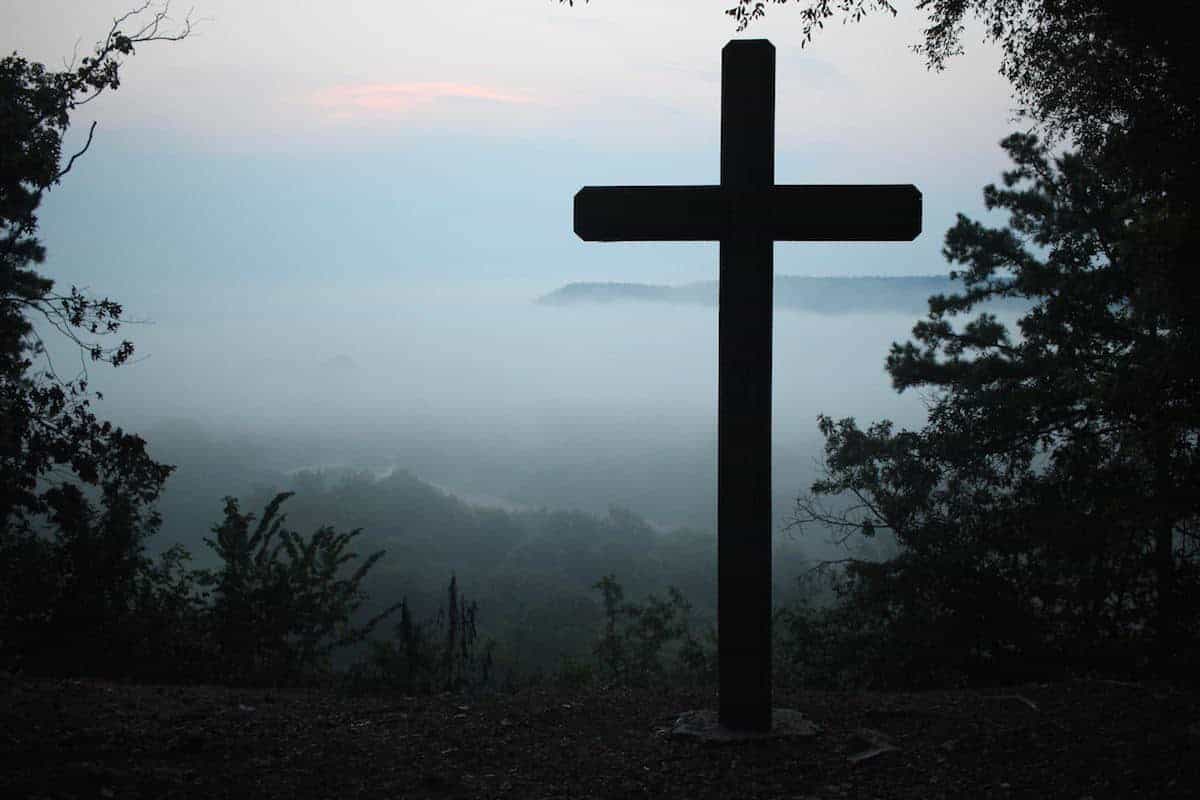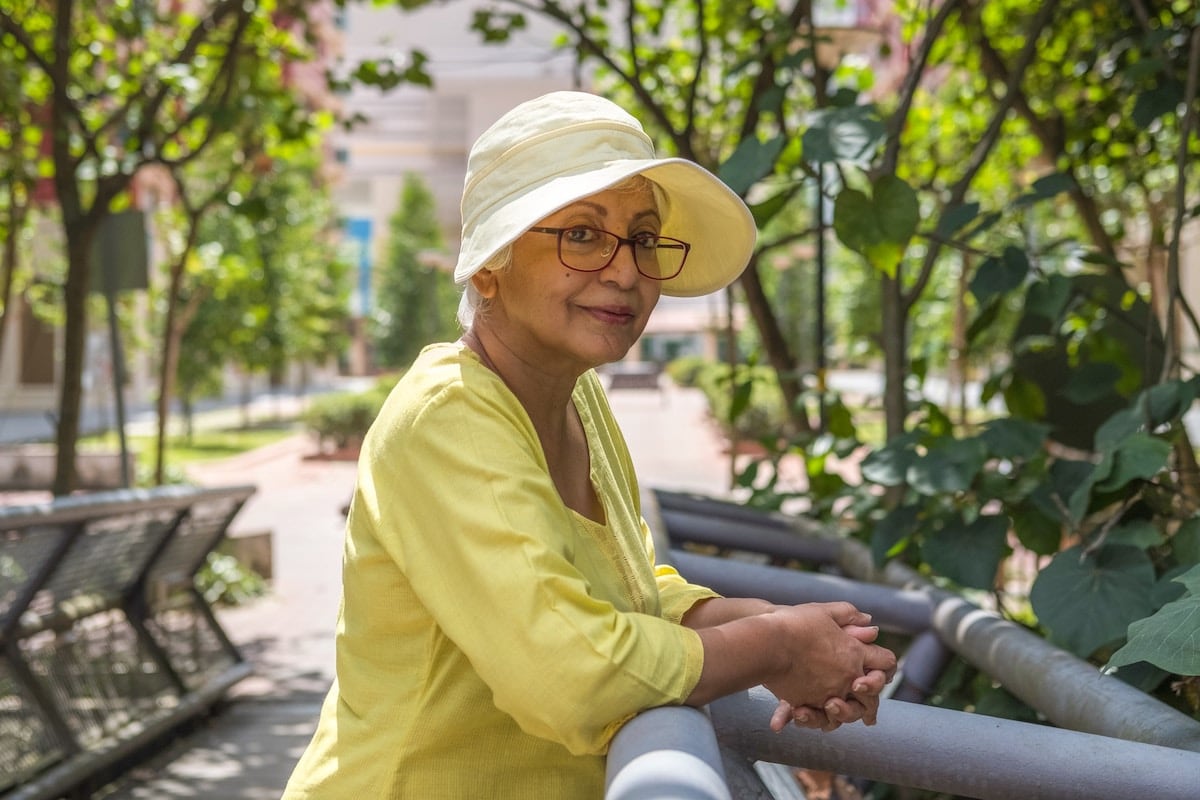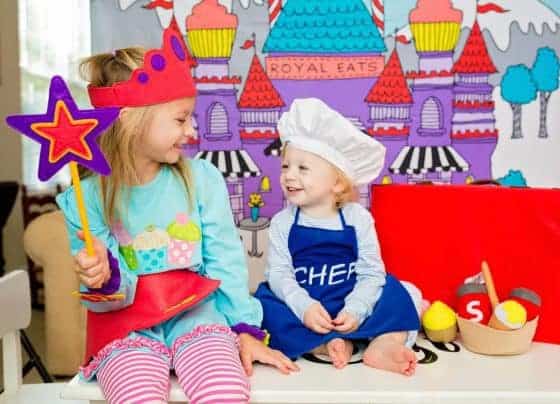As with all holidays here in the United States, no longer is Easter about the Christian principles on which it was founded, or even the season it celebrates. Instead chocolate and colored eggs, baskets full of gifts, and giant rabbits make a showing a good month before Easter Sunday itself. Whether religion is something you celebrate with your children, as a family or not at all, teaching your kids the historical Easter story is an important educational experience. The more our kids know and understand about the connection between religion and holidays around the world, the better educated, open-minded, and hopefully accepting they will become as adults.
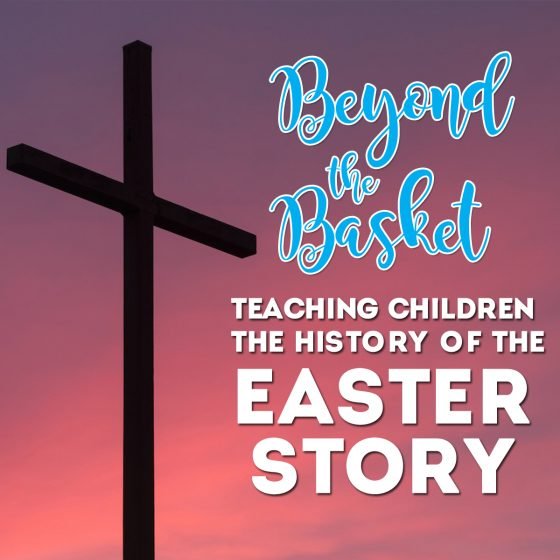
The Religion Behind the Easter Story
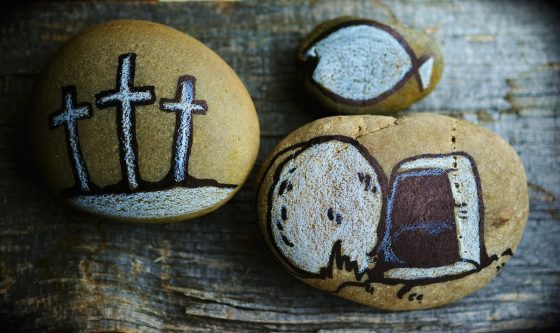
The Easter Story celebrates the most important holiday in Christianity. Observed as an entire season rather than just the single Sunday of Easter, it celebrates the resurrection of Jesus. Beginning on Ash Wednesday, the 40 days of Lent preceding Easter Sunday is a time of reflection, penance and fasting said to commemorate Jesus’ 40 days spent alone in the wilderness. The day before Ash Wednesday is often celebrated as Mardi Gras or Fat Tuesday and is considered the last day of food and fun before Lent begins.
- Celebrate Mardi Gras or Fat Tuesday with the kids by having pancakes, sometimes called Shrove Tuesday pancakes, for dinner.
- Discuss with your child the meaning of penance and fasting.
- Help your child decide what if anything he or she may decide to “fast” or abstain from during Lent and why this tradition exists. For example giving up sweets, video games or television for 40 days.
- Alternatively, you could help your child come up with something positive to do for the 40 days of Lent such as collecting food for the poor, helping an elderly neighbor clean up his yard, or reading a story each day to a younger sibling.
- In many churches practitioners abstain from eating meat on Ash Wednesday and Fridays throughout the 40 days. If this is a practice in your household come up with alternative meal plans together as a family to include adjustments to lunches and dinners.
Easter is not celebrated on the same date every year but rather on the first Sunday following the full moon after the vernal equinox on March 21. Thus Easter falls anywhere from March 22nd – April 25th. The holiday is even celebrated on different Sundays by different sects of Christianity based on whether they follow the Gregorian calendar as most denominations of Western Christianity do, or the Julian calendar as followed by Orthodox Christians.
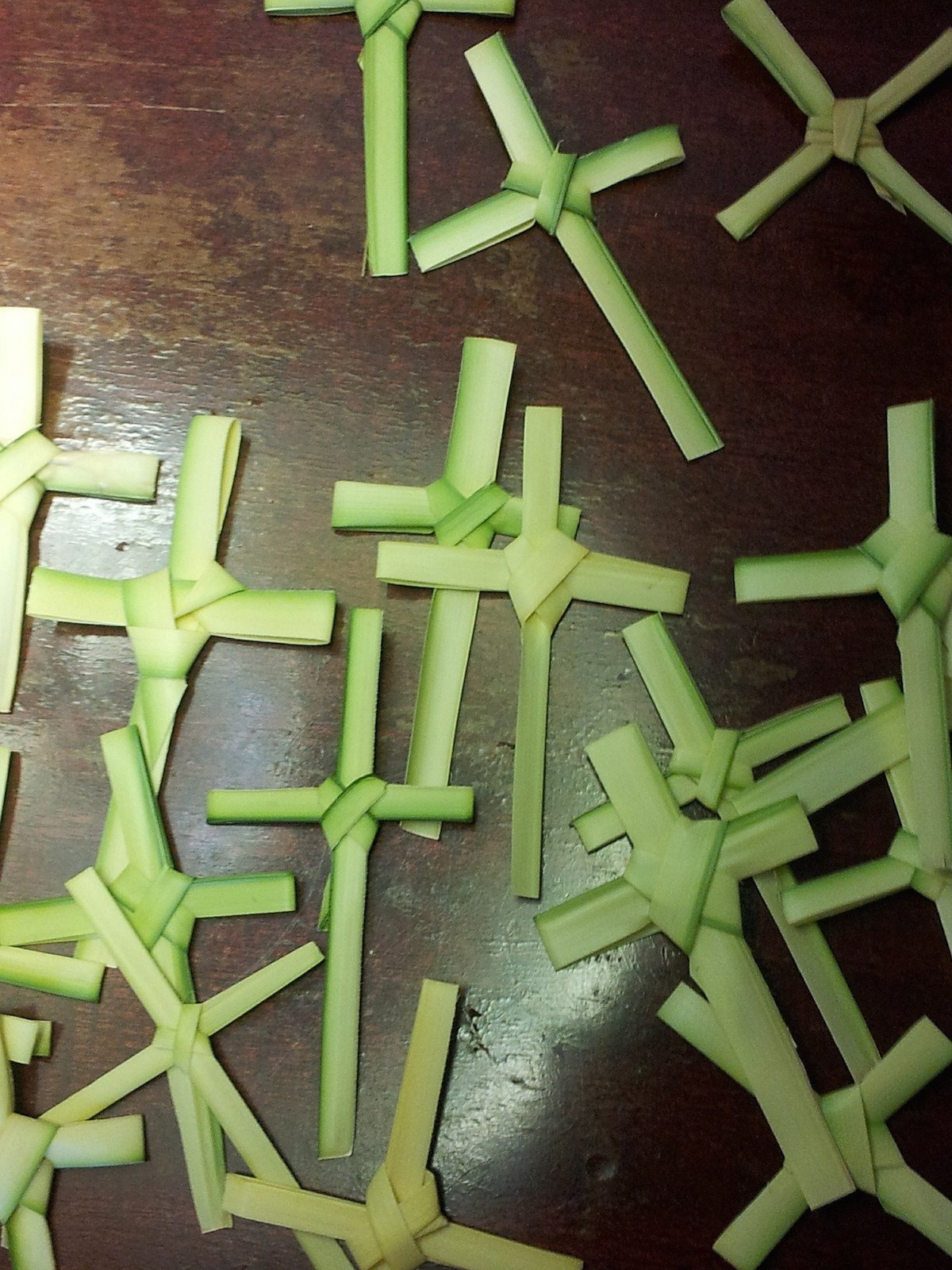
The week before Easter, known as Holy Week or Passion Week, includes several important dates for Christians including Palm Sunday, Maundy Thursday, Good Friday and Holy Saturday. Each of these days commemorates a major happening in the life of Jesus. Palm Sunday celebrates his entry into Jerusalem for the final days of his life on Earth, Maundy Thursday memorializes Jesus’ last supper with his disciples, Good Friday his crucifixion, and Holy Saturday, which some priests and holy men will claim is more significant than Easter Sunday itself, the transition from crucifixion to resurrection.
- With young children, read a book about the Easter Story for a more simplistic rendition of the holiday itself.
- If you have an older child(ren) consider attending the Stations of the Cross at a local church for a look into the journey of Jesus during the last days of his life.
The Celebration of Spring
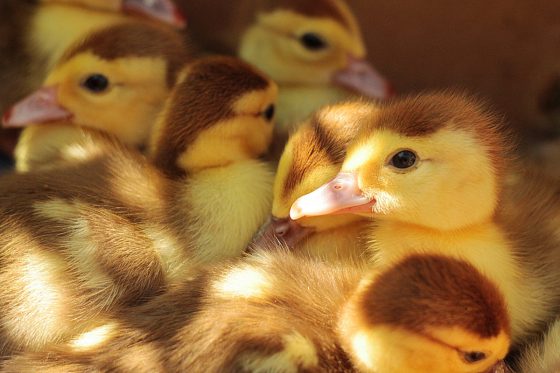
Speaking of the vernal equinox, most of us likely pay little attention to the changing of the seasons and the science behind it. Spring is a wonderful time to celebrate a truly beautiful season because it is so symbolic of rebirth, regrowth, and new life. After the cold and dreary days of winter, Spring gets us back outdoors glorifying nature as it should be, especially with children. Kids need to run and play outdoors, to commune with nature, and to incite the spirit of adventure and exploration so important to their developing minds and bodies.
- Talk about the vernal or Spring equinox with your kids. Celebrated on or about March 21st, the vernal equinox is when the sun crosses the equator making day and night of equal length all over the world.
- With the beginning of Spring upon us, plant a tree, select flowers for your garden, or simply spend the day outdoors on a hike, at the beach or with an early morning, child-friendly yoga session at sunrise.
- Although likely just a myth, allow your children to try balancing an egg on its bottom during the equinox. It is claimed that on this day of the year, eggs which are traditionally difficult to stand on end, will sit upright.
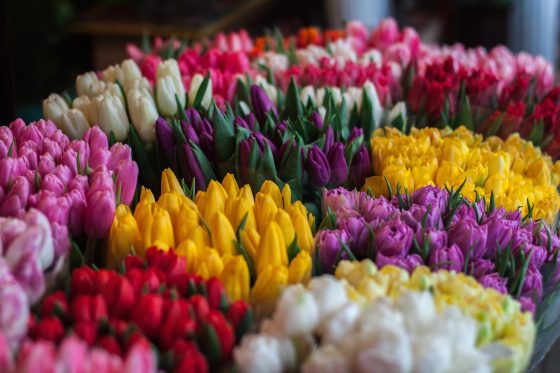
Across the world Spring celebrations take place with different practices and traditions that are neat to explore, discuss, and participate in with your kids. Look around your local area for different cultural events that take place during this time and feel free to join in.
- Attend a Jewish festival celebrating Passover and try some traditional foods such as matzo.
- If you live near a large Hindu population try to check out a Holi festival. This colorful celebration is marked by bonfires, the throwing of gulal, a bright neon colored powder, eating sweets and dancing.
- In Thailand, families celebrate the Thai New Year, or Songkran, a three day festival around April 13th centered around water and its ability to wash away the old making way for the new.
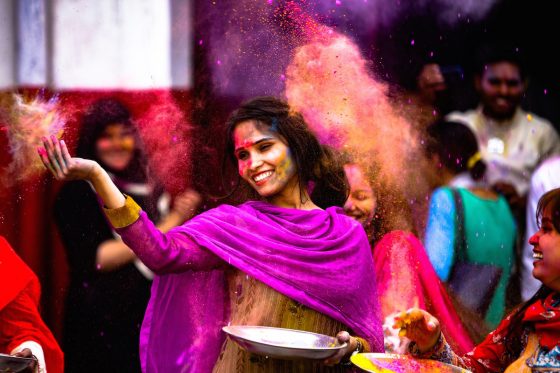
Introducing your child to the traditions of other cultures is always an exciting and educational experience guaranteed to open the door to plenty of questions from inquisitive little minds. Open-mindedness, compassion and acceptance come from knowledge and understanding thus early introduction to the fun, culturally-specific and oftentimes religious practices of others fosters these characteristics in our kids.
The History of the Eggs and the Bunny
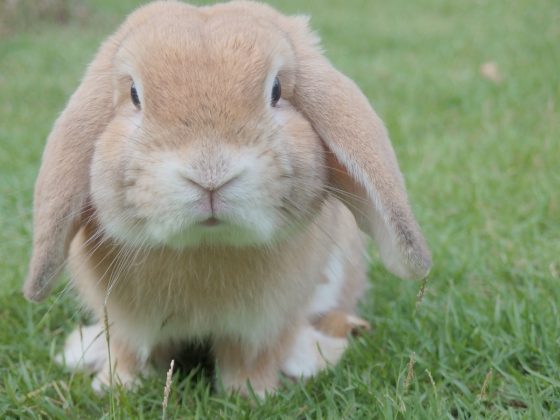
Said to have been introduced to the United States during the 1700’s by the Germans, the Easter Bunny as he is now known originated as the “Osterhase”, or egg-laying hare. Rabbits, because of their widespread procreation, are an ancient symbol of fertility and new life which correlates with the concept of Spring and rebirth. Traditionally, children would build nests for the rabbit to leave colored eggs in, but this practice eventually gave way to baskets and came to include chocolate and small gifts as well.
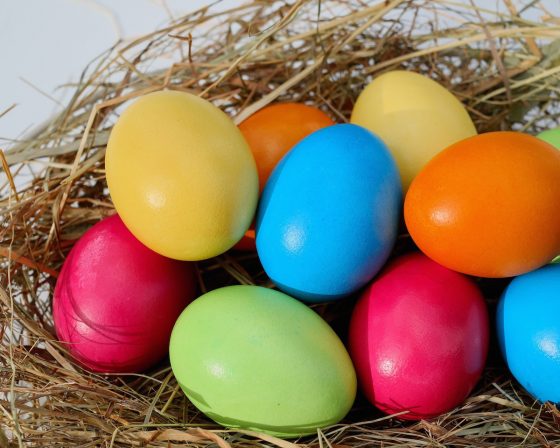
Even older than the bunny himself, the colored Easter egg dates back as far as the 13th century. Originally associated with the pagan rituals and festivals celebrating Spring, the egg has long been symbolic of new life. Although there are a variety of theories as to whether or not there is any religious, specifically Christian, significance to the tradition of dying eggs, it has long been a part of the modern day Easter story.
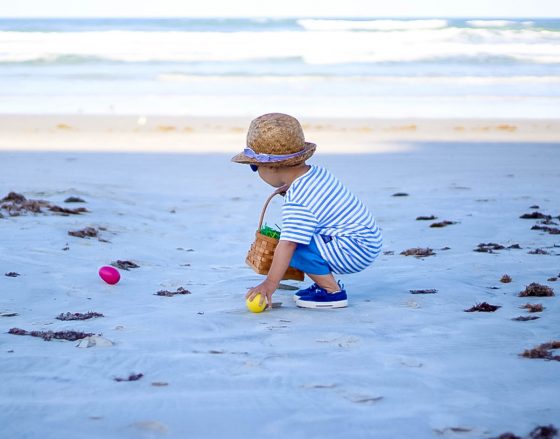
Holidays are always a fun time for families to laugh, share and simply spend time together. This Easter when you’re dying eggs as a family, heading to the local egg hunt, or at Sunday brunch after church, just talk to your kids about the historical significance of the season. While there is no need to drill facts into their heads, our children are like sponges who will soak up bits of information just from spending a little quality time talking to us. Make this season have a reason, give some meaning to Easter this year and let your children know that it is about more than just cute clothing, candy, and gifts.
Don’t want to buy another basket that will be discarded after Easter Sunday? Tired of all the candy clutter that your kids don’t really eat? Here are some Fun Easter Basket Alternatives for non-traditional gifting this year.
Sources: National Geographic Kids, History.com



































